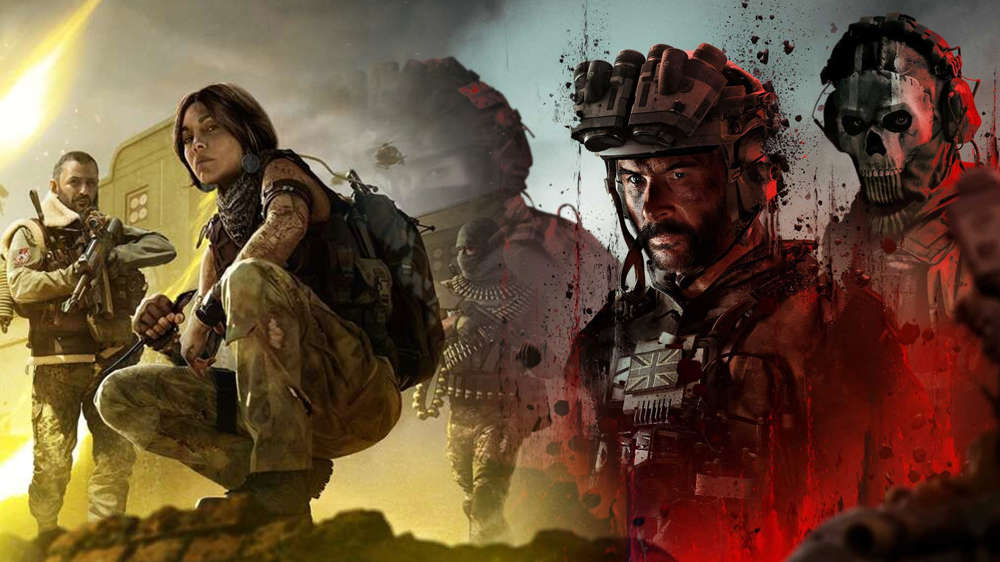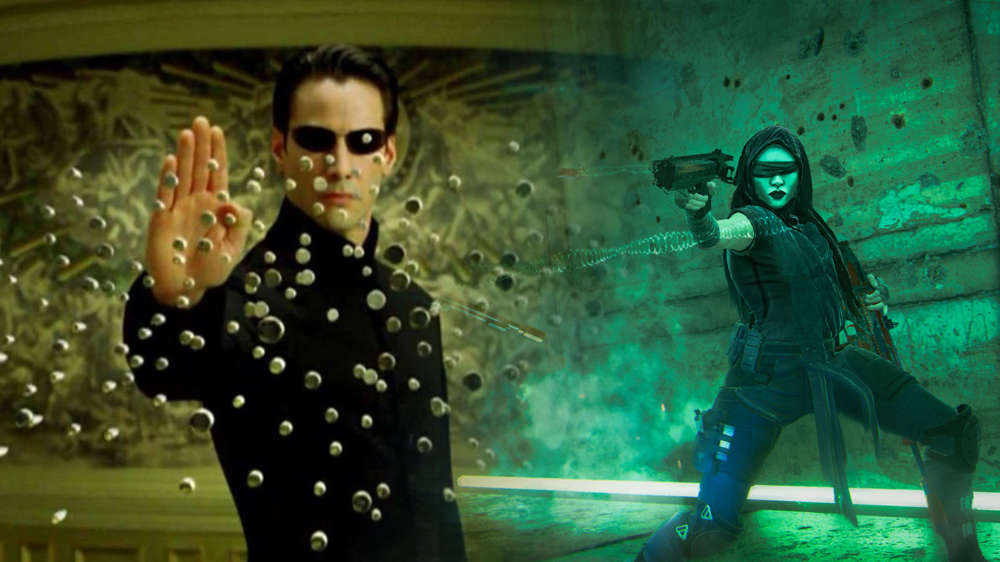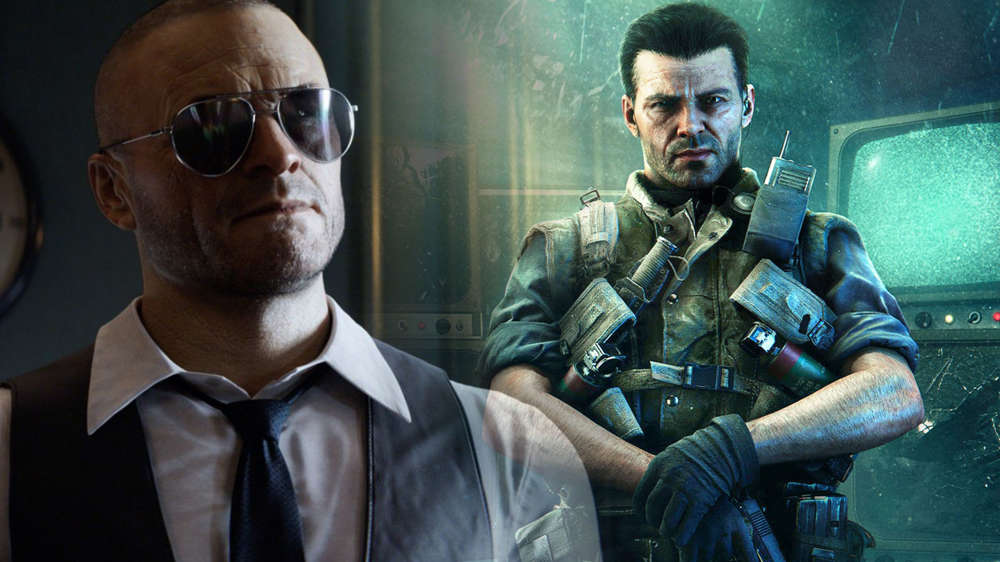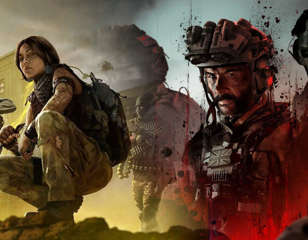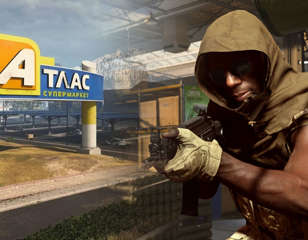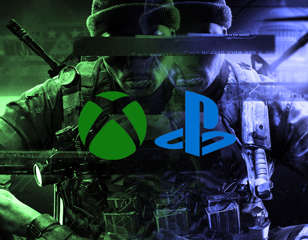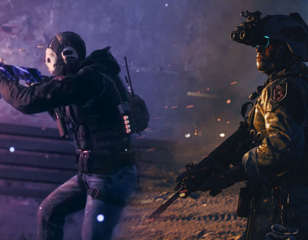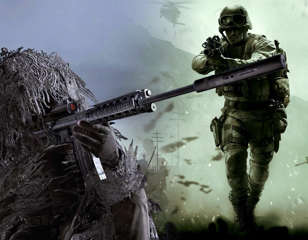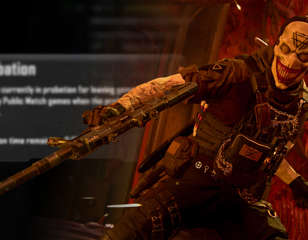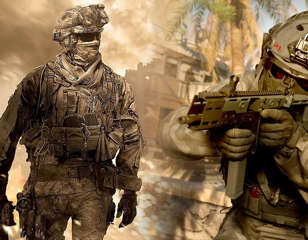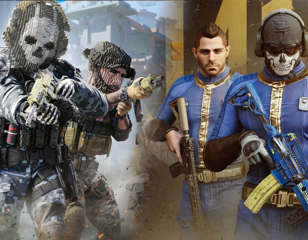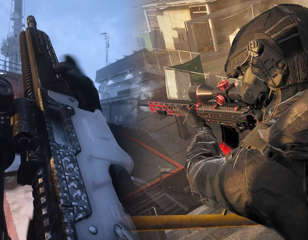The HCS Shows What Call Of Duty Esports Is Missing
The return of competitive Halo has highlighted the several elements that would be welcome additions to the Call of Duty League as it enters its third season.

Jonno Nicholson
20th Dec 2021 17:31
Images via MLG | 343 Industries
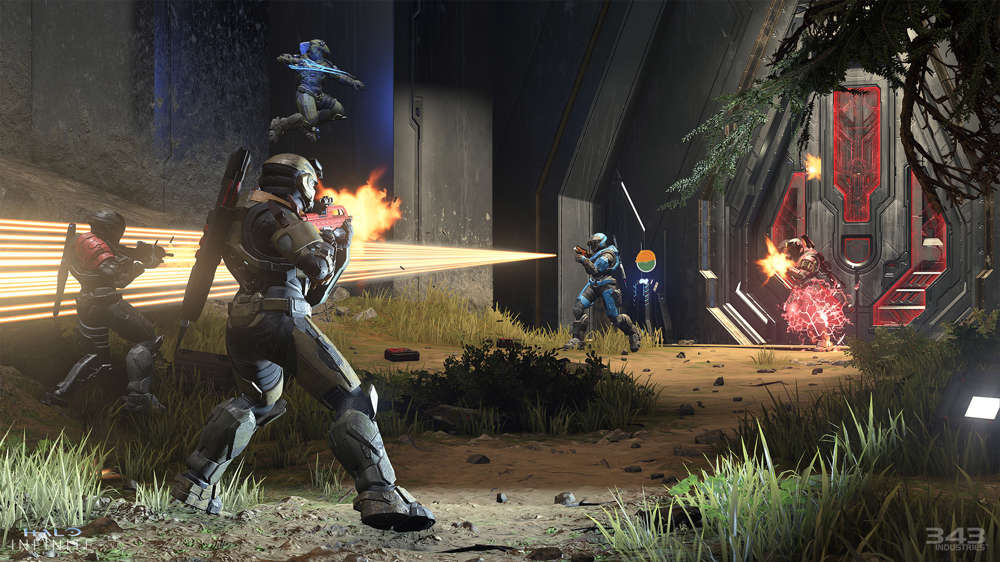
The return of competitive Halo has been the talk of the esports community, with 343 Industries coming out swinging thanks to launching a polished competitive title and a clear roadmap detailing everything there is to know about the 2021/22 Halo Championship Series (HCS) season.
This, combined with crowdfunding increasing an already impressive prize pool and a number of partnered organisations with their very own in-game items within the game as soon as it launched, have placed the arena shooter in a great position for the next 12 months.
Compared to Call of Duty, Halo gives all teams regardless of their amateur or professional status a chance of being crowned champion, something that added a great deal to the Call of Duty World League (CWL) when it was introduced in 2016. Infinite has been out in the open for just over a month, and it’s clear to see what Call of Duty is missing in order for it to become a successful esport once again.
Return To The Familiar

The switch to a franchised model at the end of 2019 was a huge shakeup for the competitive Call of Duty scene and a decision that was questioned by many considering the somewhat underwhelming success of the Overwatch League (OWL). The new Home Series format that was introduced in favour of the much-preferred combination of pool play and a double-elimination bracket was arguably a step in the wrong direction as shown by HCS Raleigh which used the tried and tested format to great success. Why Call of Duty esports moved away from the preferred format remains to be seen, but it’s already safe to say that a format with only four major tournaments alongside a hybrid of online and LAN competition won’t be popular in comparison to its rival. If it’s not broken, then why change it?
The Lack Of Upset Potential
The Atlanta Faze’s dominance of the 2021 season was hugely impressive but when the likes of the Seattle Surge and Paris Legion are being decimated on a regular basis, it does make you wonder how a top Challengers roster would fare against the 12 franchises. An unknown entity upsetting the status quo by scoring a surprise victory over a more established roster was one of the more entertaining parts of a Call of Duty world championship but with the event now sealed off to only eight of the 12 franchises involved, those moments are likely to never happen again. Without that upset potential, the excitement and entertainment value of the esport has plummeted and with Halo adopting the already proven model, it’s no wonder hundreds of thousands of people are tuning into the action.
Dedicated tournaments for aspiring professionals are all well and good, but it would be amazing to see the top Challengers teams from each region added into the Champs bracket for an additional level of competition and the added spice that would come if one managed to shock the world and take home the title.
A Title Built For Competition

Perhaps the most obvious factor that’s currently missing from Call of Duty is the lack of a title built around competitive play. From the outset, Infinite has been created with a clear focus on competitive play and balance while Vanguard’s flawed spawn logic and lack of weapon balance has led to many amateur players making the switch to Halo, which is hardly surprising considering Sledgehammer Games’ lack of competitive focus.
The concept of a standalone title that’s built for competitive play is one that’s been banded around the Call of Duty community for several years, but it’s an idea that’s unlikely to appear anytime soon which is hugely disappointing. Until one of the three developers builds a title with a clear focus on competition, Halo and the HCS are always going to be a step ahead of what was once the superior esport.
The CDL: Too Far Gone?
As The CDL prepares to enter its third season of competition, it’s still hard to justify the switch to a franchised model other than the fact it gave Activision Blizzard the perfect opportunity to line its pockets with millions of dollars. The structure used in the Black Ops 4 season was perfectly fine and there was no need to change it. As Halo utilises the format for its own success, the chances of Call of Duty esports returning to its glory days could be too far gone.
Halo Infinite may have only had one competitive tournament but the widespread positivity from across the entire industry has shown how an understandable format combined with a game optimised to be played at the highest level is a recipe for success. In hindsight, the drastic shake-up to Call of Duty esports may well have done more harm than good. Will the CDL manage to reach the dizzying heights that the CWL managed to achieve? We will have to wait and see if the league can recover and compete against a title that’s set the benchmark for arena shooters.

About The Author
Jonno Nicholson
Jonno is a freelance journalist at GGRecon, specialising in Call of Duty and its esports scene. His work can also be found on Esports Insider, Gfinity, Millenium, and a range of other esports publications.
